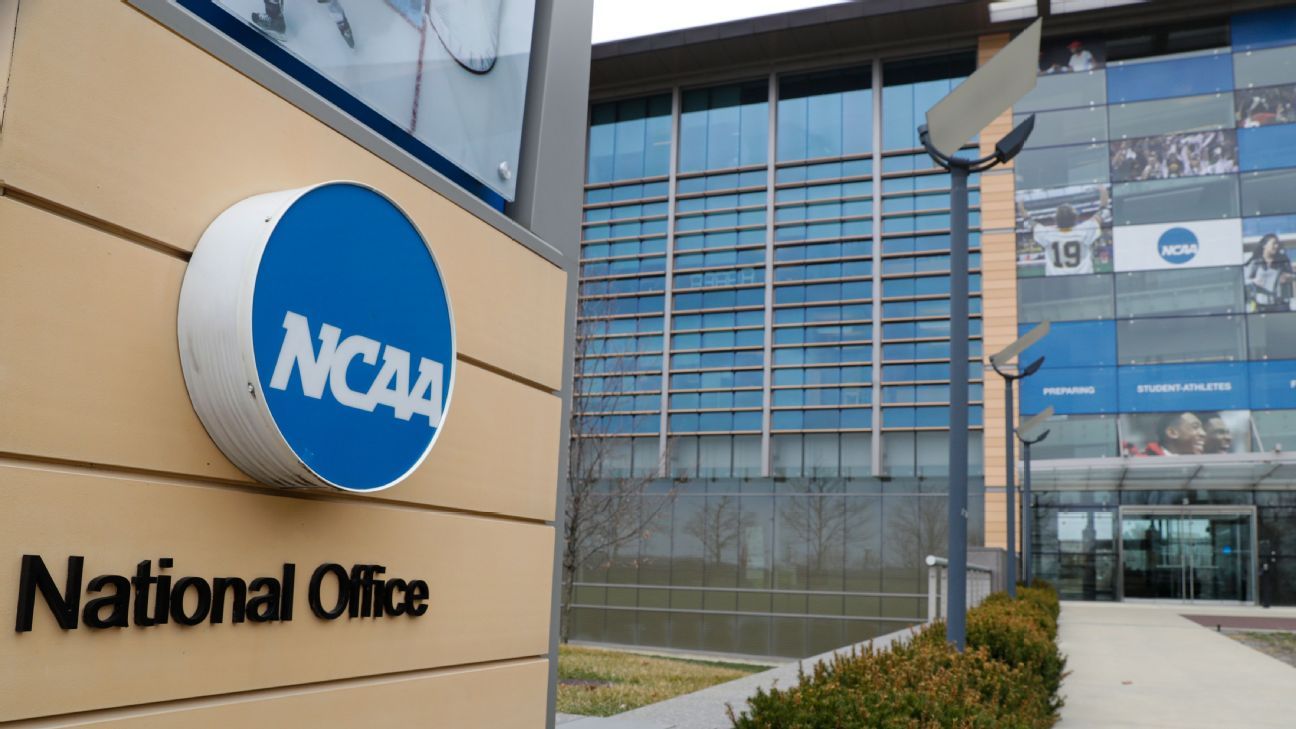UPDATE: The NCAA has just announced a significant delay in its new rule permitting athletes and athletic department personnel to place bets on professional sports. The Division I Board voted on Tuesday to push the effective date from November 1 to November 22, following concerns raised by key stakeholders.
The decision comes after a vote earlier this month fell short of the 75% approval threshold needed to implement the change. Notably, SEC Commissioner Greg Sankey expressed his apprehensions in a letter to NCAA President Charlie Baker just days before the vote, emphasizing the need for careful consideration of the rule’s implications.
This delay allows for a 30-day rescission period, during which each Division I school may vote on whether to withdraw support for the proposal. This seldom-used rule provides a crucial window for institutions to voice their concerns about the controversial change.
Even if the new rules take effect, the NCAA maintains its strict prohibition on athletes betting on college sports, as well as sharing insider information with gamblers. This comes on the heels of serious gambling-related incidents, including recent arrests of an NBA coach and player linked to illegal betting operations that compromised player integrity.
In a shocking revelation, Miami Heat guard Terry Rozier was implicated for allegedly using confidential information to gain an edge in bets on NBA games. The NCAA’s commitment to maintaining the integrity of college athletics remains strong, with Baker stating, “We run the largest integrity program in the world on sports betting across all the various games.”
Despite the upcoming rule change, the NCAA underscores its stance against endorsing sports betting for student-athletes. Roberta Page, chair of the Division II Management Council, reaffirmed the organization’s dedication to protecting college competition’s integrity while acknowledging the evolving landscape of sports and betting.
The urgency of this issue is heightened by the increasing number of NCAA enforcement actions related to sports betting violations. Just last month, three college basketball players were banned for betting on their own games, raising alarms about the potential for corruption in college sports.
As this situation develops, the spotlight remains on how stakeholders within the NCAA will navigate the complexities of sports betting while safeguarding the future of college athletics. The next few weeks will be critical as schools weigh their options and the implications of this delayed rule change become clearer.
Stay tuned for further updates as we monitor the evolving landscape of NCAA regulations and their impact on student-athletes.
